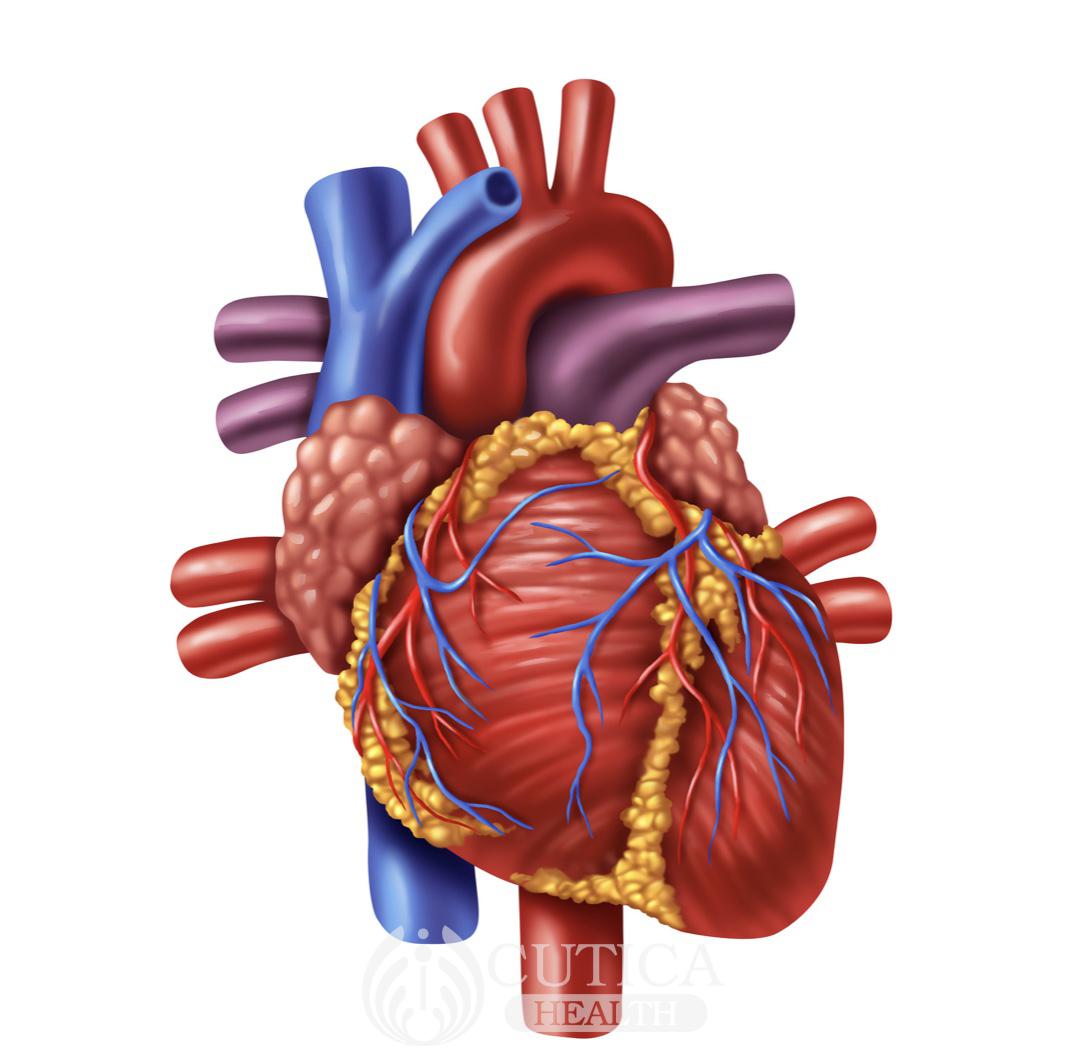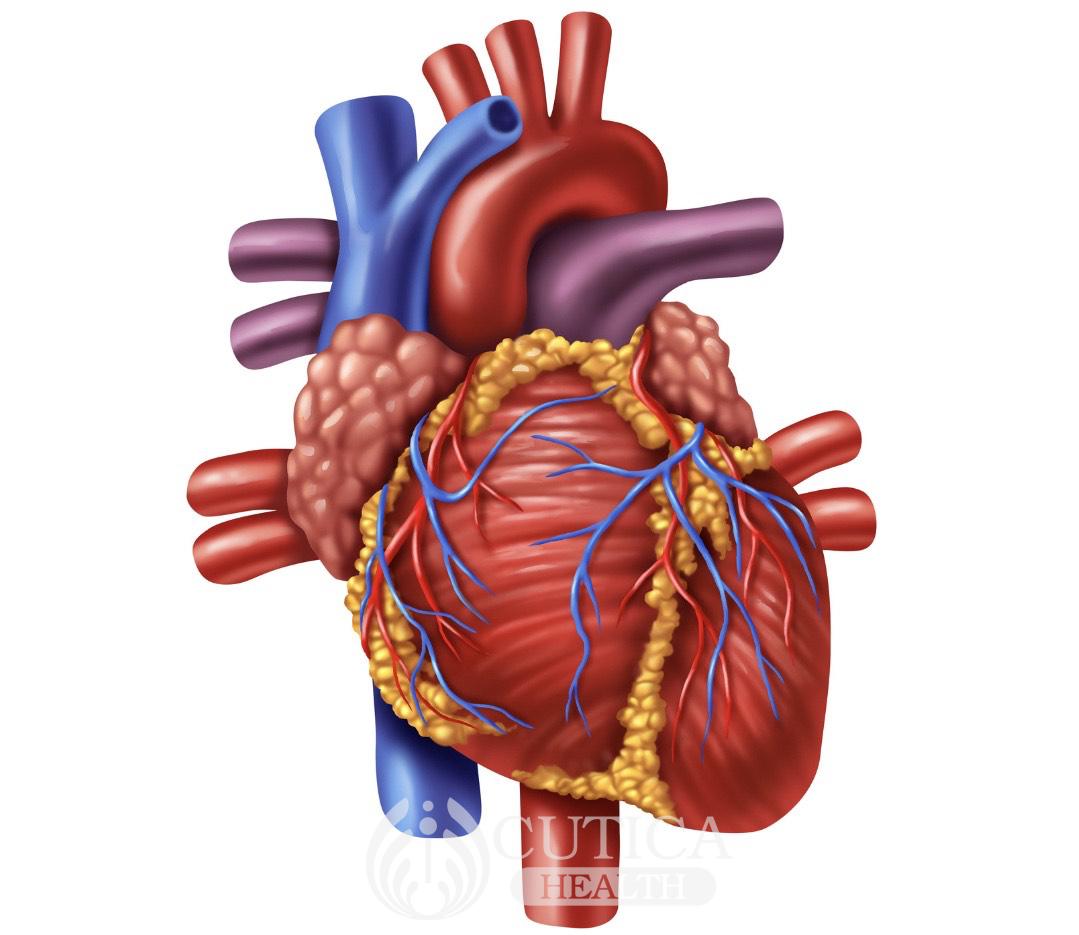
The immune system is the body's protection network. It consists of a framework of white blood cells, antibodies, organs, and chemicals. The immune system is the body's first and major defense against foreign bodies such as viruses, fungi, bacteria, and parasites that are responsible for diseases and infections.

How Does The Immune System Work?
Foreign bodies or microorganisms such as viruses, bacteria, or toxins that invade the body are called antigens. Mutated or damaged cells such as cancer cells can also act as antigens.
Once the immune system identifies an antigen, it attacks it. Then it creates antibodies which are proteins that attack and eliminate the antigens. This is known as the immune response.
After the antigen is eliminated, the immune system remembers it. If the antigen invades the body again, the immune system recognizes it quickly and eliminates it by releasing the right antibodies. This protection against specific diseases is known as immunity.
When an antigen enters the body but an immune response is not triggered, infections and illnesses occur. Sometimes, an immune response is activated in the absence of a threat or is not deactivated when the threat has been eliminated. In this scenario, the antibodies start to attack the body's own antigens leading to autoimmune diseases and allergies
The Cells of the Immune System
The immune system is a very complex body system. It makes use of a myriad of cell types which may be present in the tissues of a particular organ or circulate through the body. Each of these cells play in specific role in how the immune system recognizes and eliminates foreign bodies. .

Types Of Immunity
The immune system provides us with 3 types of immunity:
- Innate immunity
- Adaptive immunity
- Passive Immunity
The innate immunity/immune system
This refers to the immune system a person is born with. These immune cells are present at birth and some of them are gotten from the mother. The innate immune system cells are called phagocytes. If the immune system identifies a foreign body, the phagocytes surround and engulf this foreign body.
Adaptive immunity/immune system
This is also known as the acquired immune system. The adaptive immune system develops as a person comes in contact with microorganisms in the environment.
When the body encounters a foreign body, the B lymphocytes produce antibodies to help the body fight against it. Antibodies may take several days to develop but will remain in the body. They help the body to recognize and defend against the microorganism if it invades the body again.
Passive Immunity
This form of immunity is derived from a secondary source and is activated immediately but is effective for a temporary period of time. This is the type that babies have, they receive antibodies from their mother through the placenta and breast milk.
The adaptive and innate immune systems work together to keep the body in good health.

Conclusion
The immune system is the body's defender, protecting it from all forms of microorganisms. It plays an essential role in our survival and we must take steps to boost and maintain our immunity.












